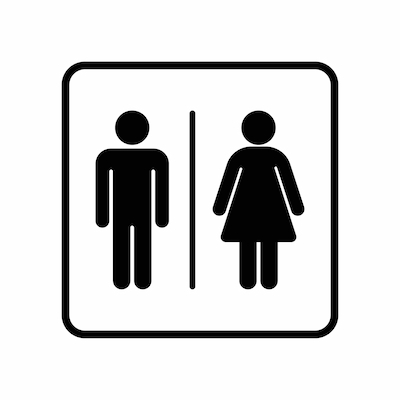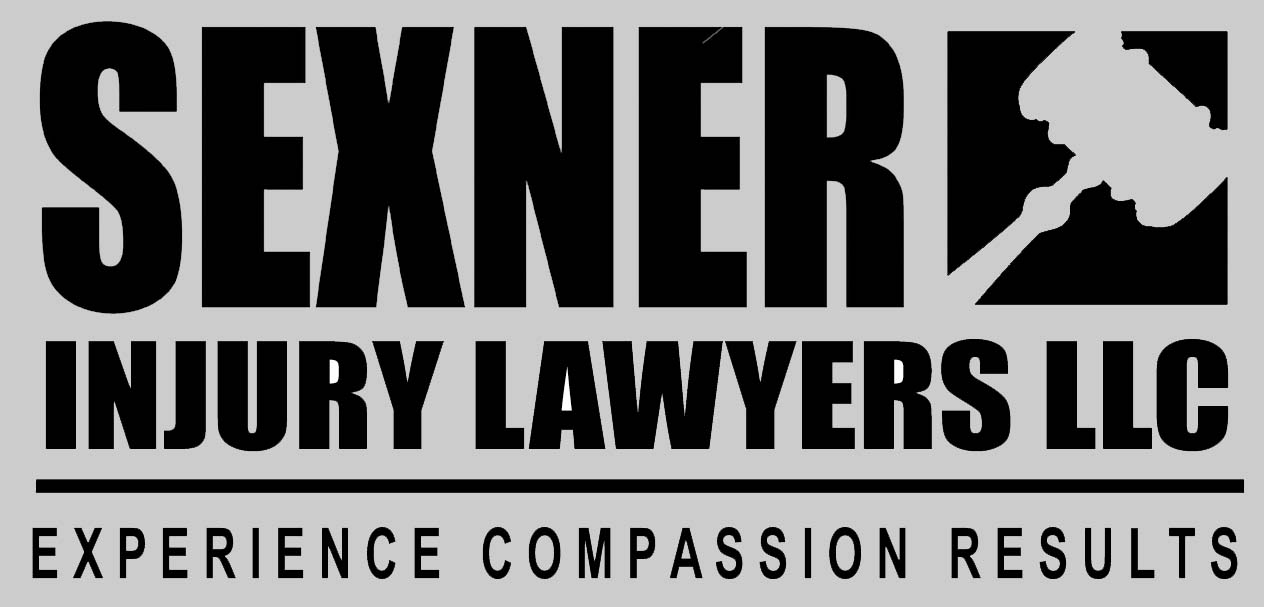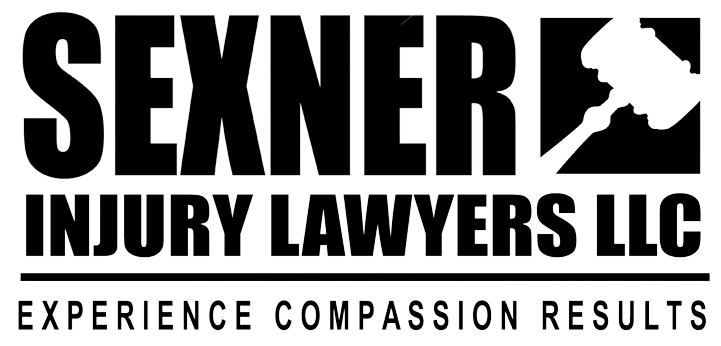 According to well-placed sources, a hidden remote camera has been located beneath a sink in at least one gender-neutral bathroom in the Doubletree Hotel located in Alsip. Available information indicates that this camera was very recently discovered and that an active police investigation by the Alsip Police is already underway to identify who secretly video-recorded victims without their consent and to determine who the perpetrator was that illegally installed the recording device. It is unknown at this time how long the hidden camera had been in place.
According to well-placed sources, a hidden remote camera has been located beneath a sink in at least one gender-neutral bathroom in the Doubletree Hotel located in Alsip. Available information indicates that this camera was very recently discovered and that an active police investigation by the Alsip Police is already underway to identify who secretly video-recorded victims without their consent and to determine who the perpetrator was that illegally installed the recording device. It is unknown at this time how long the hidden camera had been in place.
Potentially hundreds of adults and children may have been affected by this unforgiveable breach of privacy. Not only does the Doubletree Hotel by Hilton employ countless workers who may have used this washroom, but the number of hotel guests (both adults and children) that may have been affected cannot be estimated at this time.
Outside companies, along with their employees and customers may have also been victimized due to no fault of their own, such as a swimming instructional company called “Water You Wading For” which utilized the pool facilities for swimming lessons and instructional classes. As a result, dozens of employees and customers (mostly children) may have also been victimized and recorded while changing into swimsuits.
How Can the Team at Sexner Injury Lawyers LLC Help?
At Sexner Injury Lawyers LLC, we are dedicated to standing up for victims of privacy invasions and sexual victimizations of all types —throughout Illinois and across the United States. Our nationally recognized attorneys work tirelessly to help survivors obtain justice, financial recovery, and a sense of closure. With decades of experience and a proven track record of multi-million-dollar results, our firm has become the trusted go-to advocate for both adult and child victims in these deeply personal cases.
Our team represents clients in numerous such instances of harm caused by unlawful “hidden camera” activity and other privacy breaches. Some of the current cases in which we either are actively representing clients or actively investigating include incidents of concealed camera recordings at the Reflexion Spa in Hinsdale, short-term rentals (such as Airbnb/Vrbo), Northwell Health Sleep Center, Expedia Campus, and Flavor Frenzy in Addison, among others.
Call us now at (312) 243-9922 for free information about how to protect your rights and learn how we can hold those responsible accountable for their shameful and criminal actions involving hidden cameras. No attorney fees are ever charged until we’re successful on your behalf. All calls are 100% confidential and without any obligation.
Guide to Finding Hidden Cameras in Public Places and Bathrooms
Hidden cameras are a distressing invasion of privacy. While most surveillance is legitimate (security cameras in stores, transit hubs, etc.), covert cameras placed in bathrooms, changing rooms, short-term rentals, or other private spaces are illegal in most places and can result in severe harm and mental health concerns such as PTSD for those affected. Below are practical, non-technical steps you can use to find hidden cameras, from a visual sweep you can do in under five minutes to more technical scans if you suspect serious surveillance.
1. Start with a careful visual inspection (the most effective first step)
A deliberate, methodical visual sweep often finds the majority of illicit devices. Take your time and look for anything that seems out of place or new — a small dark dot, an odd-looking object, a loose panel, or something that doesn’t match the room’s usual decor.
Common hiding places include:
- Smoke detectors, clocks, air purifiers, and nightlights.
- Vent covers, electrical outlets, and USB chargers.
- Decorative objects (picture frames, potted plants), stuffed toys, or bathroom fixtures.
- Behind mirrors, inside light fixtures, or hollow furniture cavities.
If anything looks unusual, get closer (but don’t tamper with wiring). Hidden camera lenses are tiny but usually have a small reflective surface you can spot with careful inspection. Professionals and consumer guides recommend this manual check as the first and most reliable step.
2. Use a flashlight to look for lens reflections
Camera lenses reflect light differently than surrounding materials. Turn off the room lights (if safe to do so), then shine a bright light or your phone’s flashlight across suspicious areas. Look for small, concentrated glints or bluish/purplish reflections that might indicate a lens.
This trick works well on pinhole lenses commonly used in hidden cameras — even if the camera has infrared LEDs for night vision, the lens often reflects visible light. Several consumer security outlets and travel guides recommend this quick flashlight technique when checking hotel rooms, rentals, and private spaces.
3. Scan with your smartphone camera (IR test & network scan)
Your phone can help in two useful ways:
- Infrared (IR) test: Many hidden cameras use infrared LEDs for night recording. IR light is invisible to the naked eye but sometimes shows up in your phone’s camera as a faint glow. To test:
- Close the curtains and turn lights off (or go into a dim room).
- Open the camera app (test both front and rear cameras).
- Point the camera toward likely hiding spots and look on the phone screen for any small white, purple, or orange lights that aren’t visible normally.
- Network scan: Many modern hidden cameras are Wi-Fi-connected. Use a device-scanner app to check for unfamiliar devices on the local network. Look for unknown devices named generically (e.g., “IPC,” “camera,” or “unknown”) or for multiple devices that shouldn’t be present. This is a helpful complementary check but isn’t foolproof — cameras can be wired, switched off, or on a separate network.
4. Check mirrors and reflective surfaces carefully
Two-way mirrors (one-way glass) can hide a camera behind a reflective surface. A simple test: place your fingertip against the mirror — if there’s a gap between your fingertip and its reflection (i.e., glass in between), it’s probably a normal mirror. If your fingertip directly touches its reflection with no gap, that can indicate a two-way mirror. This is not 100% definitive but combined with other checks it’s useful. Also inspect behind mirrors and around frames.
5. If you find a suspected hidden camera, do this --
- Do not touch or move the device if you plan to report it as evidence. Tampering can damage evidence or contaminate a potential criminal investigation.
- Document carefully. Take photos (from a safe distance), note the exact location, date, and time.
- Contact local law enforcement. They can advise how to document and preserve evidence, and whether a crime has occurred. Several travel and consumer safety guides emphasize contacting police right away for cameras found in private spaces.
- Notify venue management (hotel manager, property owner, or facility staff) if appropriate — but follow police advice if you’re unsure.
- Protect yourself digitally. If the camera was in a space where you changed clothes or used a personal device, consider changing passwords and reviewing your devices for unauthorized access.
Contact our Experienced Hidden Camera Legal Team
Laws about surveillance devices vary by jurisdiction, but placing cameras in bathrooms and other private spaces commonly violates criminal and civil laws. If you find evidence of intentional invasion of privacy, contact law enforcement and consult Sexner Injury Lawyers LLC about your options immediately.
Our team concentrates its injury practice in the areas of hidden camera privacy violations, sexual exploitation, and lawsuits involving sexual abuse or assault. Millions have already been recovered on behalf of our clients (both adults and minors) and their families. Although financial compensation can never erase what happened, it can help those victimized down the path to recovery and help provide the necessary professional assistance.
No fees are ever charged until we’re successful on your behalf. Call (312) 243-9922 now for free confidential and sensitive information from our nationally known legal team. Our lines are open 24/7 to help.

